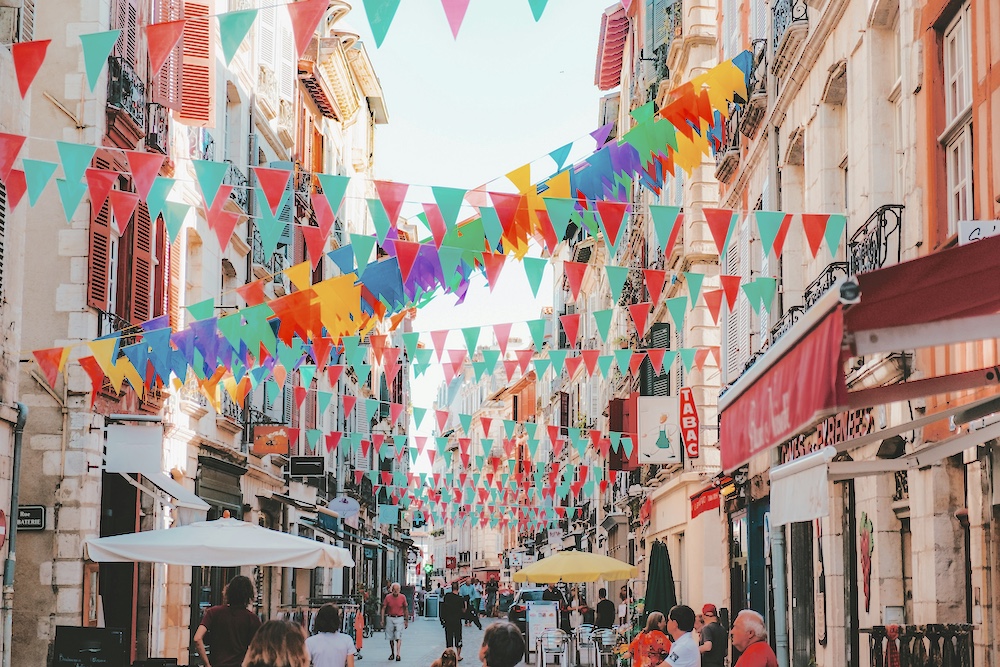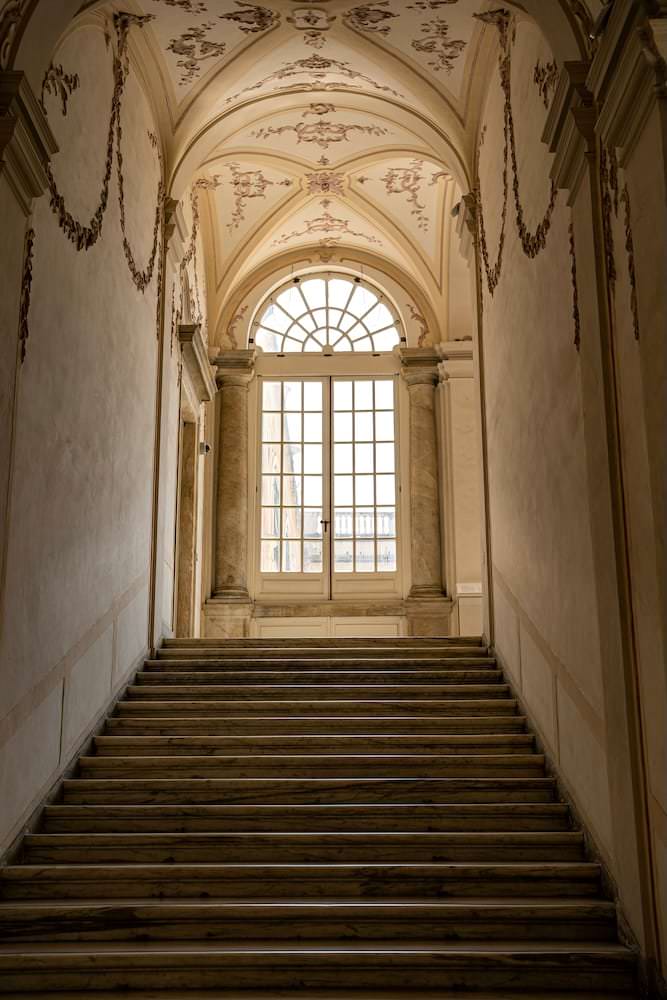Plural of “un” or “une” is “des”
In French, the words “un” and “une” mean “a” or “an.” They are singular indefinite articles used before nouns. When making a noun plural, “un” and “une” change to “des.” This is the plural indefinite article, which means “some.”
Examples:
- un livre (a book) → des livres (some books)
- une chaise (a chair) → des chaises (some chairs)
- un enfant (a child) → des enfants (some children)
Understanding Articles
An article is a small word that comes before a noun. In English, we use “a,” “an,” and “the.” French has different types of articles:
- Indefinite articles: un, une, des (used when the noun is not specific)
- Definite articles: le, la, les (used when talking about something specific)
Key Differences Between “Des” and “The”
English often does not use “some” in front of plural nouns. In French, “des” is needed.
- I see books. (Je vois des livres.)
- She has friends. (Elle a des amis.)
In English, “the” can be used for singular and plural nouns. In French, singular and plural definite articles are different.
- The book (le livre) → The books (les livres)
- The chair (la chaise) → The chairs (les chaises)
Summary
- “Un” and “une” mean “a” or “an.”
- Their plural form is “des,” which means “some.”
- English often drops “some,” but French requires “des” before plural nouns.






